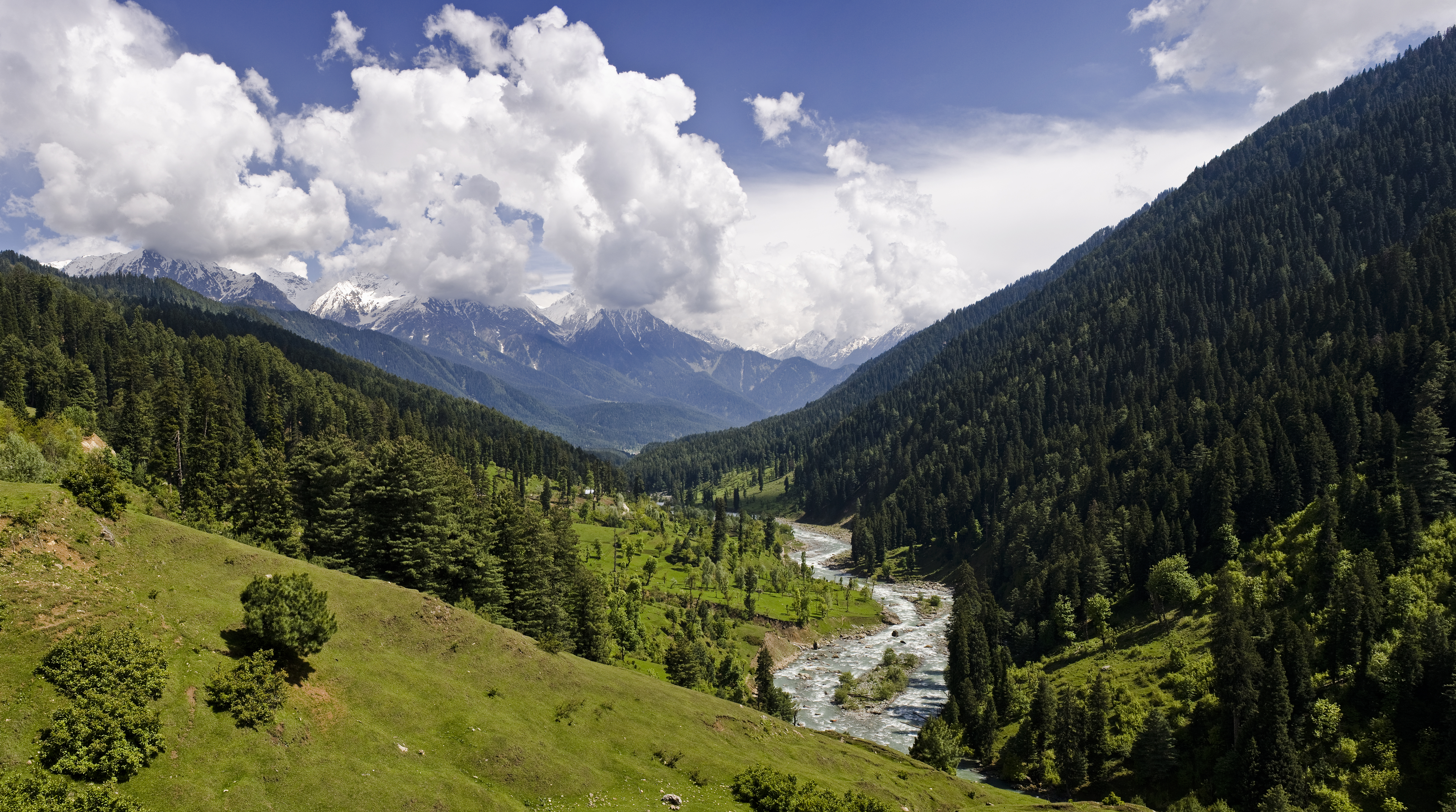
The process of electing representatives to the Assembly is unfolding amid tight security measures, with a total of 23 lakh eligible voters set to decide the fate of 219 candidates. Among these are 90 independent contenders, vying for control of key constituencies in both the Jammu and Kashmir regions. The eight seats in the Jammu region are located in three districts, while the Kashmir valley contributes 16 seats from four districts. Voting is being held in a peaceful atmosphere, with officials reporting smooth and efficient operations at the polling stations.
Polling officials and security forces are ensuring safety and transparency at all 372 polling stations in the first phase, and webcasting services have been installed to monitor proceedings. Voter turnout varied across different regions, with districts like Kishtwar recording a 14.83% turnout by 9 a.m., while Pulwama saw a lower turnout of 9.18% at the same time.
Voter enthusiasm is evident, particularly in areas like the Diver Tral region of Pulwama, where residents lined up early to exercise their democratic rights. District election officers expressed optimism, noting the peaceful atmosphere and steady voter participation. Harvinder Singh, the District Election Officer in Doda, remarked on the palpable enthusiasm, urging more voters to come out and participate in the democratic process. Many first-time voters, including young people and women, have also been encouraged to take part in this critical phase of voting.
Candidates are presenting this election as an opportunity to address local grievances and developmental challenges. Sajjad Ahmad Kichloo, a candidate from the Jammu and Kashmir National Conference (JKNC), emphasized the electorate's desire for a strong government capable of resolving their issues. His comments reflect the broader sentiment of voters seeking a government that can ensure stability and economic growth in the region.
On the ground, political parties, including the Bharatiya Janata Party (BJP), expressed optimism about voter turnout, with BJP spokesperson Altaf Thakur commenting on the long queues and enthusiasm among the people. The BJP, which has been focusing on consolidating its base in Jammu while attempting to expand its influence in the Kashmir Valley, is seen as a major player in this election. However, independent candidates are also expected to make a significant impact, particularly in the Valley, where local issues often take precedence over national political narratives.
The Jammu and Kashmir elections are drawing attention not only for their political significance but also for the logistical and security challenges they present. With ongoing concerns about insurgency and political stability in the region, the government has deployed substantial resources to ensure that the elections proceed without incident. Kashmiri migrants, who were displaced during periods of unrest, are being facilitated to cast their votes under high security, adding another layer of complexity to the electoral process.
This Assembly election is the first of its kind in the region under its new political framework as a Union Territory. As such, it represents an important litmus test for the political future of Jammu and Kashmir. The outcome will likely set the tone for how the central government’s policies in the region are perceived, particularly in light of its efforts to integrate the region more closely with the rest of India following the abrogation of Article 370.
